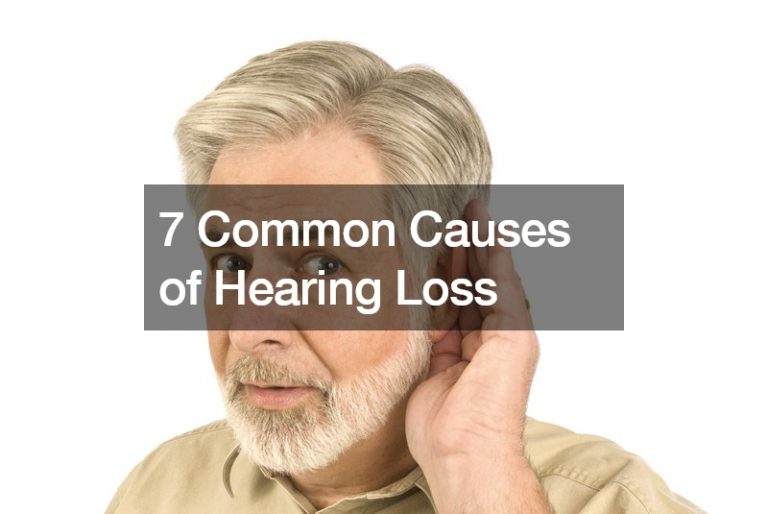- Visiting the dentist every six months for check-ups is essential to detect and treat tooth decay and minimize additional damage.
- Dental treatments such as fluoride, remineralizing agents, and chlorhexidine rinses can help restore enamel and reverse tooth damage.
- Brushing, flossing, and eating a balanced diet with limited sugar intake are essential for preventing and managing tooth decay.
- Using fluoride toothpaste and mouthwash twice daily can help strengthen enamel to reduce cavities and prevent the spread of bacteria.
Tooth decay is a widespread problem and can significantly impact your oral health. Fortunately, there are several things you can do to prevent and treat tooth decay. From brushing and flossing regularly to visiting the dentist for check-ups, taking the proper steps now will help keep your teeth healthy in the long run. This article will discuss what causes tooth decay, how to identify it early on, and different ways of treating it.
Visit the dentist

Individuals with tooth decay must visit the dentist every six months for a comprehensive check-up. Regular professional dental care helps ensure cavities are detected promptly and treated, preventing more complex issues from arising.
The risk of additional damage to the tooth or surrounding teeth can also be minimized with proper and timely treatment. Furthermore, individuals may be advised to find a reliable tooth replacement option to reduce the effect of any harm resulting from their tooth decay.
Use dental treatments
Dental treatments are essential to taking care of one’s oral health, particularly for preventing and actively managing tooth decay. Dental treatments such as fluorides, remineralizing agents, and chlorhexidine rinses can help restore the protective enamel layer when cavities form.
Fluorides are especially beneficial in reducing the risk of developing cavities, and remineralizing agents can aid with the reverse process of destroying enamel by introducing essential minerals back into decaying areas.
Chlorhexidine rinses help manage gum disease and remove irritating bacteria from the mouth that cause plaque buildup to worsen over time. In each instance, individuals must take immediate action to prevent further damage from occurring.
Have lifestyle changes
Here are some lifestyle changes that can help protect your teeth from decay and keep them in good condition:
Brush and floss regularly

Brushing and flossing regularly is essential for optimal oral care when tooth decay occurs. If any food particles or plaque remains on your teeth, it can cause further decay, inflame the tissue, and eventually lead to gum disease and tooth loss.
To avoid enamel erosion, it is important to use soft bristles and the correct techniques when brushing. Additionally, flossing should be done at least once daily to remove any food or plaque buildup between your teeth.
Eat a balanced diet low in sugar.
Eating a balanced diet low in sugar is one of the most critical factors in minimizing and preventing tooth decay. When we consume sugars, it feeds the poor oral hygiene bacteria in our mouths, which can cause cavities and other tooth decay issues.
A balanced diet filled with abundant fruits, vegetables, and whole grains is essential for promoting healthy teeth. It limits sugar intake and provides the necessary vitamins, minerals, and antioxidants required for healthy gums and enamel. Moreover, decreasing sugar intake can help improve the acidity levels within the mouth by reducing plaque buildup, thus preventing further cavities or tooth decay.
Use fluoride toothpaste and mouthwash.
Fluoride is essential to any preventive dental plan when dealing with tooth decay. According to the American Dental Association, fluoride in toothpaste and mouthwash helps strengthen enamel, reduces your chances of getting cavities, and prevents the spreading of bacteria that cause tooth decay.
Proper fluoridated products are recommended twice daily for maximum effectiveness against tooth decay. You should always make sure you are using a fluoridated brand, pay close attention to what age group the product is intended for, and follow package instructions accordingly.
In addition, it’s best to avoid consuming sugary beverages after brushing or rinsing, as they can decrease the effects of fluoride on your teeth. By using fluoridated products every day properly daily, you can rest assured that your teeth will stay healthy and strong without resorting to more invasive tooth decay treatments.
Avoid snacking between meals when possible.
Avoiding snacking between meals is essential for those with tooth decay. Bacteria, which live in our mouths and cause cavities, feast on the sugary and starchy foods we eat. By ensuring that you only eat meal-sized amounts of snack food throughout the day, you can minimize the chances of your teeth suffering further damage.
If a snack craving arises between meals, try eating something that contains a few simple sugars. For instance, avoiding processed snacks like chips or crackers with dip and opting for carrot sticks or celery can help eliminate hunger cravings while reducing your risk of further decay. Ultimately, limiting mealtime snacks can help elicit positive gains in your oral health over time!
These are steps you can take to prevent and manage tooth decay. The key is to be proactive in your dental care, attend regular check-ups, and make lifestyle changes to maintain a healthy mouth and teeth.






